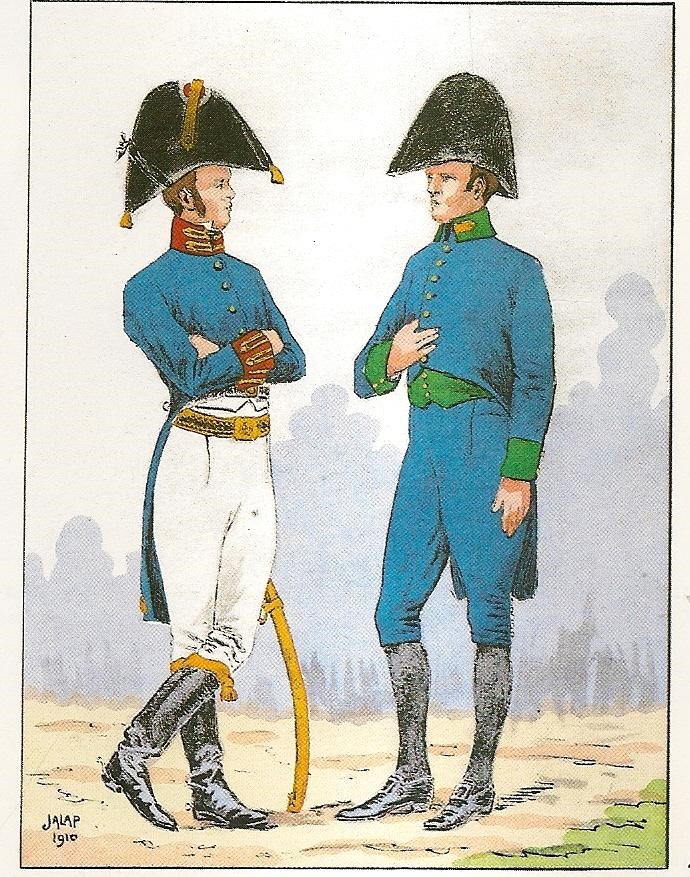A Look into the Origins of Solitaire: Who Invented It?

Solitaire, the ever-engaging, mind-teasing card game, has been an exceptional source of amusement for centuries. Often the go-to game for killing time or for a solitary pastime, it has undoubtedly stood the test of time. While the origins of the game remain somewhat enigmatic, modern technology has brought this age-old game to our fingertips through platforms like Subgame, where you can play solitaire online. But who invented solitaire? The exact roots of solitaire are hard to trace, yet there are historical milestones we can look at to better understand its evolution.
Solitaire's Early Beginnings
The earliest documentation of a solitaire-like game goes back to the mid-18th century. It first appeared in a German game anthology dated 1783, where it was referred to as 'Patience' - a name that still prevails predominantly in British English. Solitaire is the name commonly used in the United States and Canada. Even though the game's precise origin is not known, it is generally believed that solitaire was invented in the Baltic region of Europe and subsequently spread across the continent.
Image Credit: Wikimedia Commons
Solitaire during the Napoleonic Era and Beyond
In the 19th century, solitaire or patience became a popular game among the French. The French influence is evident from the many French terms used in the game, such as tableau, foundations, stock, and waste. The game's popularity continued to surge, and by the end of the 19th century, several books were published documenting the rules of different variants of the game.

Image Credit: Pinterest
Royal Influence and the Victorian Era
Prince Albert, Queen Victoria’s consort, was also known to enjoy solitaire, which further boosted the game's popularity during the Victorian era. The game was often played at court and soon became a popular pastime among the British gentry, making it a staple in households across the country.

Image Credit: Pinterest
The Digital Evolution of Solitaire
The advent of computers and digital technology in the late 20th century gave solitaire a new lease on life. When Microsoft included a version of solitaire, known as Klondike, in their Windows operating system in 1990, it became a global phenomenon. This version was intended to familiarize people with using a mouse to drag and drop items on the screen. However, it quickly grew into one of the most played computer games, making solitaire familiar to millions of people worldwide.

Image Credit: Turag Photography on Unsplash
Conclusion
In conclusion, the exact person who invented solitaire remains shrouded in mystery. Its invention is not attributed to any particular individual, but rather to a collective evolution of gameplay throughout history. Solitaire has traveled through time and geography, changing and evolving, while maintaining its core essence of providing solitary entertainment. Whether played with physical cards, on a computer screen, or through online platforms like Subgame, solitaire remains a beloved game to this day.
(Devdiscourse's journalists were not involved in the production of this article. The facts and opinions appearing in the article do not reflect the views of Devdiscourse and Devdiscourse does not claim any responsibility for the same.)










